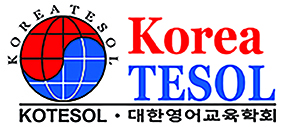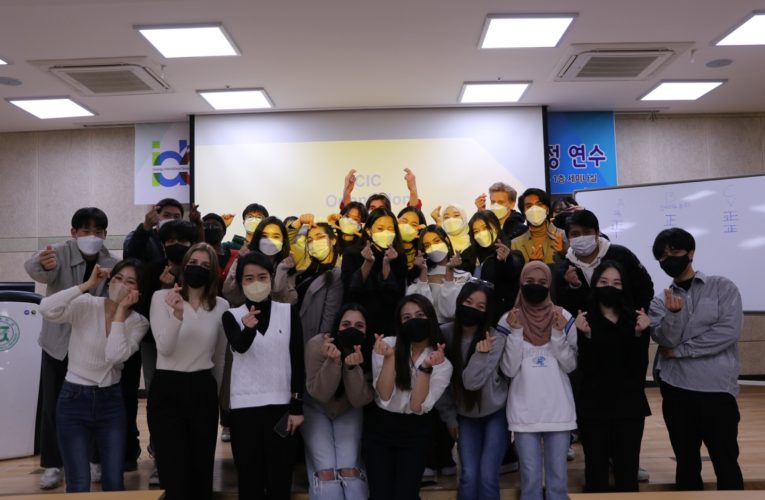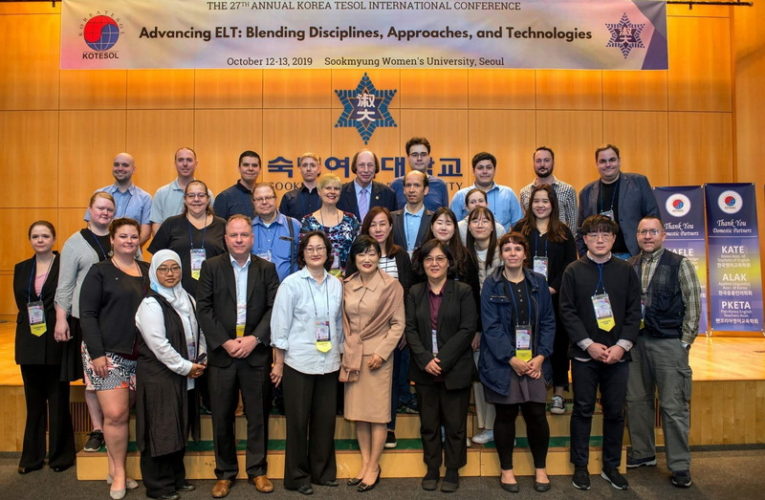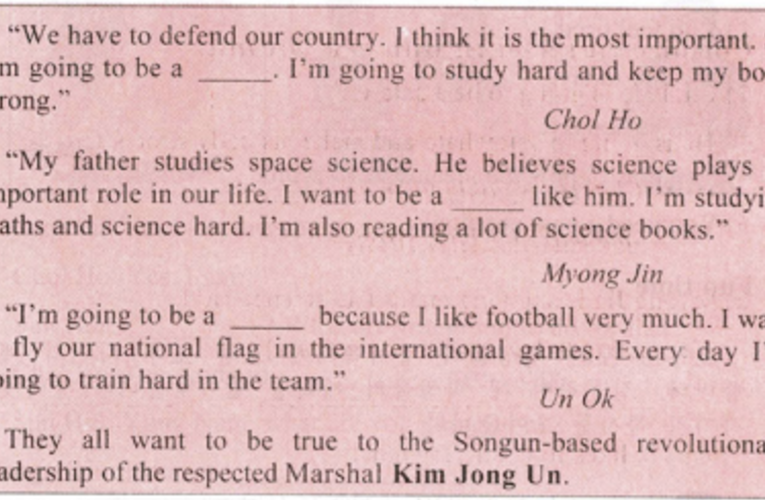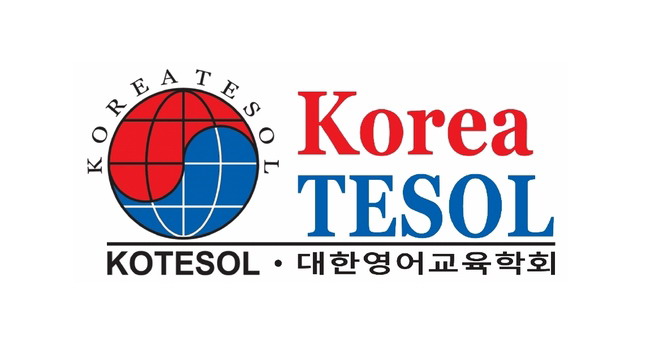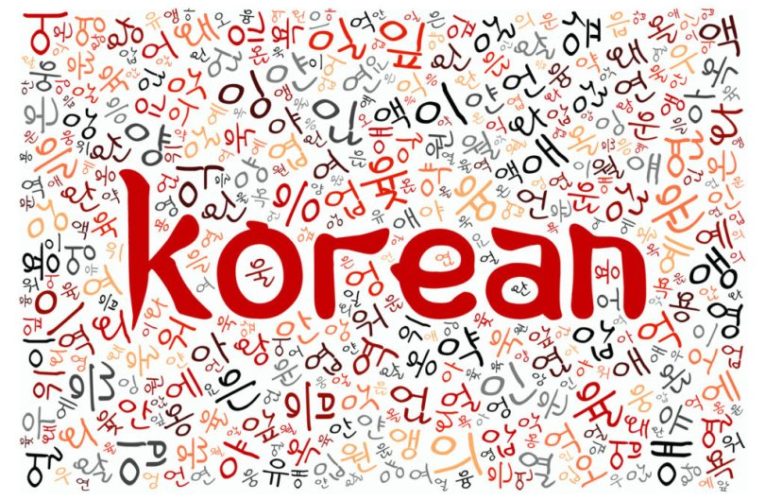Teaching Content Courses in the Students L2
When we think of teaching lessons in English in Korea, we immediately think of teaching English as a foreign language (EFL) and, most often, of the instructor being an expat, native speaker of English. However, what has been trending in recent years, especially at the tertiary level, is teaching content courses (e.g., engineering, history, mathematics) in English. To understand better this aspect of teaching, we have sought out Phillip Schrank, a university professor in our Gwangju community, for this interview.





